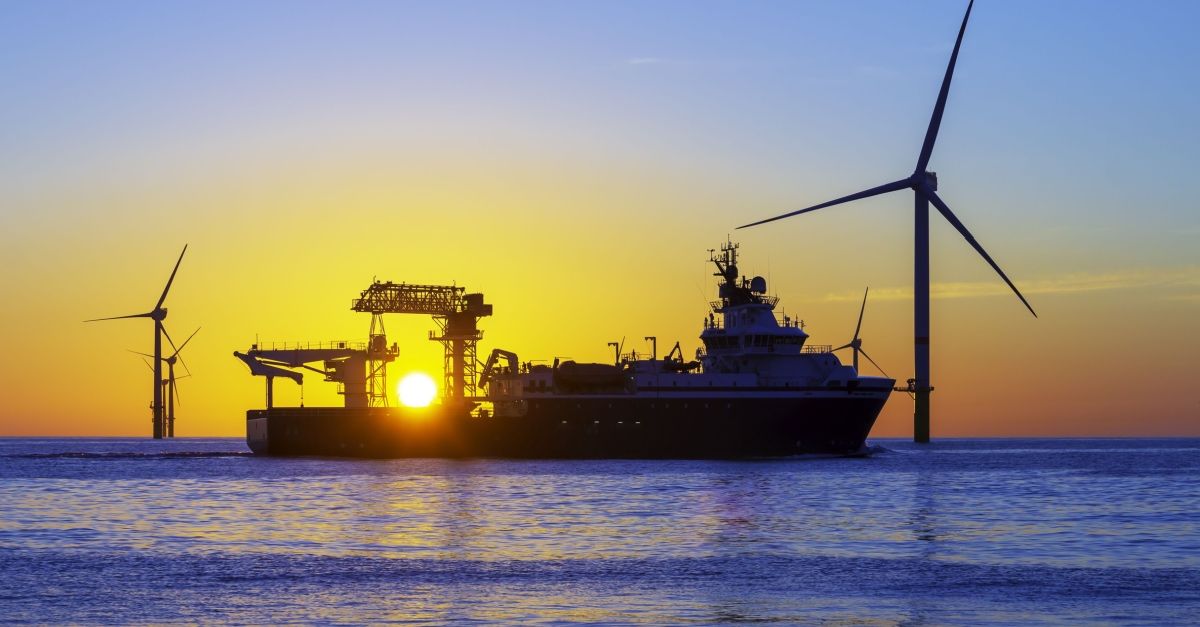
The Green Advantage: The Competitive Benefits of Sustainable Shipping
Sustainable shipping and the idea that sustainability is valuable for logistics have gained traction in recent years, and for good reason.
Shippers have been adopting technologies and operational measures to address climate change for two reasons: to comply with regulations to reduce carbon emissions and to meet individual companies’ environmental, social, and governance (ESG) goals.
But shippers embracing sustainability find that there are other competitive benefits to going green. Savvy consumers appreciate a company’s efforts to cut emissions and use less wasteful packaging, while companies might find value in the cost savings that arise from lower fuel consumption and reduced inventory costs.
Using technologies such as the API tools offered by Searoutes can help shippers reduce their supply chain emissions, paving the way for companies to showcase how their contributions to sustainable shipping are making the world a better place.
Sustainable Shipping as Business Imperative
Shippers have long employed traditional shipping practices, such as using fossil fuels to power ocean vessels and non-compostable packaging to mail materials, to reliably transport goods from Point A to Point B.
But as climate change warnings become more dire and countries impose stricter measures to reduce carbon emissions, stakeholders within the supply chain are discovering that mitigating climate change won’t necessarily result in financial pain. By applying some creativity and innovation to the supply chain, stakeholders are finding that they can be successful in meeting the triple bottom line.
According to Harvard Business School, the triple bottom line consists of three categories: people, planet, and profit. Harvard says businesses meet the triple bottom line when they integrate sustainable practices into every facet of their operations while still making a profit.
For sustainable shipping, that might mean opting for transportation choices that use low-carbon alternative fuels, monitoring the emissions output of your supply chains, and using artificial intelligence to optimize routes and maximize operational efficiencies. Pursuing options such as these also enables shippers to comply with new climate change regulations from the European Union, the United States, and others.
For Today’s Shippers, Sustainable Shipping has Benefits Beyond Compliance
A shipper might think that changing or modifying operations to pursue sustainability targets will translate into higher costs. However, pursuing sustainable shipping targets can also lead to cost savings through improved fuel efficiency, reduced emissions, and streamlined operations.
For instance, technological tools such as software solutions and APIs can help shippers find the most efficient transportation routes, resulting in improved fuel consumption and lower transportation-related emissions. By using GPS tracking, shippers can either adjust routes or anticipate potential delays, and then plan accordingly. Algorithms might suggest routes based on factors such as weather conditions, distances traveled, and a vessel’s performance metrics, providing even more opportunities to reduce fuel consumption and emissions.
Beyond regulatory compliance and improved business practices, shippers can benefit from pursuing sustainability initiatives in other ways. Adopting sustainable practices can improve or enhance a company’s reputation, attract environmentally conscious customers, and boost brand value. It can also open new doors to markets and partnerships, especially those that are based on stringent environmental standards.
Gaining the Green Advantage: Three Strategies Toward Sustainable Shipping
As we’ve seen, shippers’ adoption of sustainability initiatives can not only be good for the environment, but it can also be good for business. Searoutes has API tools available that can help shippers striving to make their business practices and supply chain more sustainable.
Route Optimization
Searoutes offers advanced route optimization algorithms that minimize fuel consumption and emissions. By analyzing factors such as vessel characteristics, weather conditions, and port congestion, Searoutes can recommend the most efficient and eco-friendly shipping routes.
For instance, our Vessel API tool enables companies to see the historical trace of a given vessel between two dates in the past, along with the average speed and route characteristics. This allows shippers to compare the emissions output of the vessels they use.
Emissions Monitoring
Searoutes also provides comprehensive emissions monitoring tools that allow shippers to track their carbon footprint in real time. By accurately measuring emissions across shipping routes and operations, shippers can identify areas for improvement and make informed decisions to reduce their environmental impact.
Using our CO2 API tool enables companies to track the carbon emissions of various vessels. Shippers can take this insight and compare the emissions output of different routes over time.
Integrated Data Analytics
Searoutes leverages advanced data analytics to provide shippers with insights into their sustainability performance. By analyzing historical data and trends, shippers can identify opportunities to optimize their operations and reduce emissions. Searoutes’ data analytics tools enable shippers to monitor progress toward sustainability goals and make data-driven decisions to improve their environmental performance.
Our Inland + Sea Routing API enables shippers to receive accurate information on distances to better predict arrival times, monitor fuel consumption, estimate CO2, and compute deviation costs. Companies can integrate this information into their logistics operations to develop more holistic approaches to cutting emissions along the supply chain.
An Eco-Friendly Supply Chain Can Be Within Reach
Sustainable shipping isn’t just a moral imperative. It can also be a smart business strategy. Through this blog post, we’ve explored how eco-friendly practices offer more than just environmental stewardship. From reduced costs and enhanced reputation to access to new markets, the advantages are abundant.
Searoutes is ready to help you improve the way you integrate sustainability into your logistics operations. Contact us today to get started.
sustainability in logistics, sustainable logistics, sustainable shipping